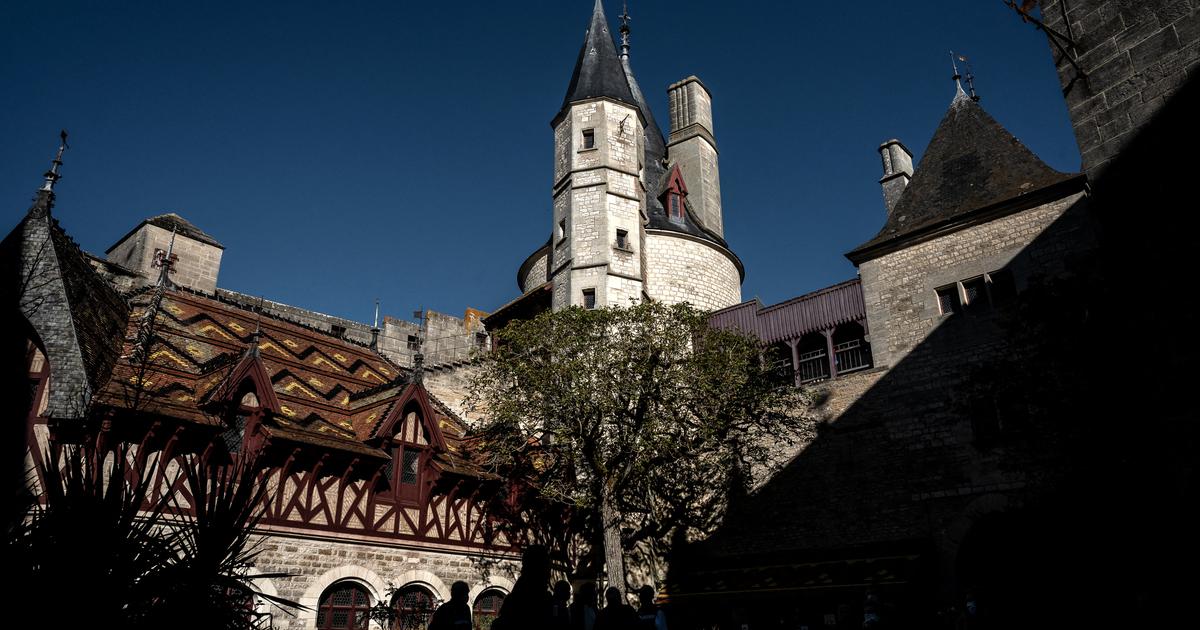A scrutinizer of mysteries, a patient spy on the beliefs and delusions of people over time, Olga Tokarczuk, 2018 Nobel Prize for Literature, had already shown a special talent for the singular and the anomalous in her stories and in her sixth novel,
The Wanderers.
A group of people try to avoid unhappiness by becoming nomads.
"Fluidity, mobility, illusion" is what characterizes them as civilized;
“barbarians do not travel”, occupy destinations, invade.
to those
wanderers
Moderns are fascinated by maps, like Tokarczuk, who wandered through Asia and the antipodes rereading Carl Jung.
Another of his favorite authors is Philip K. Dick and, like him, he says he feels like a magpie that patrols the streets and takes trinkets, candy wrappers, sometimes even an engagement ring to the nest.
Olga absorbs people's stories and turns them into her own experiences, changing her point of view.
She thus envisions a free mind that looks to a side that few feel encouraged to look at.
Apart from realism, digging beyond the epidermis of phenomena and what is apparent, this Polish writer born to freethinking and anti-communist parents in the winter of 1962 in Sulechów —a town closer to Berlin than to Warsaw—, who worked as a psychologist clinic (“I quit when I found out I was just as neurotic as my patients”),
Anthem
.
In his books, everything is questioned and that cosmic doubt remains sounding like a vibration of the light that filters through his pages.
There are no judgments and no satire.
His fictions are wandering specimens, exquisitely imprecise.
We never know where he wants to take us and that makes his writing a serious matter.
The Books of Jacob
, the great
tour de force
in which Tokarczuk immersed himself for eight years, opens in 1752. At that time, the so-called Res Publica, which brought together Poland, Lithuania and Ruthenia —the westernmost region of present-day Ukraine— was the great “Jewish paradise” of the world.
Two hundred years later it would be hell for millions of them, especially lower Silesia, where our author lives, a lover of dogs and an enemy of hunting (see
Spotok
, Agnieszka Holland film based on her seventh novel), vegetarian and reviled by the Catholic patriarchy that pervades her country.
Reverse numbered pagination, the novel begins on page 1064 with the agony of an old woman.
Yenta, who remains between life and death, sees from the air what is happening around her family and is narrated in the present tense, thus highlighting the visibility and rhythm of the narrative.
Italo Calvino asked the novel of the new millennium for lightness, speed and visibility.
Well here we have them.
In addition to the accuracy and multiplicity in the description of situations, places and lives.
All this thanks to the multiple narrator, who observes and writes letters and chronicles about the illusion that afflicts the followers of Jacob Frank.
This charismatic Jew endowed with various talents, including storytelling,
he converts to Islam, does business in Izmir and Istanbul, and suddenly sets himself up as a savior, as a Messiah.
Frank encourages his followers —who already form a diverse court of miracles that ranges from libertarian orgy to the strictest submission to his authority— to convert to Christianity.
Fame will lead him to the palaces of Vienna and his beautiful daughter, Ewa, will be one of the Emperor's favorites.
His fictions are wandering specimens: we never know where he wants to take us and that makes his literature a serious matter.
And all this happened, however unlikely it may seem.
Here we have Jacob leading a bizarre movement that inflames Hebrew hearts, infuriates the rabbis of the Talmud, and pleases the bishops, who hope to swell hundreds of thousands of Jews in their flock thanks to him.
It is a serious matter that Tokarczuk presents to us.
And he deploys it lightly, flying nonchalantly from here to there like a good magpie.
If Francoism had taken root in that vital European area, the subsequent history could have been different, at least with regard to the Holocaust.
As PK Dick, who fictionalized a Nazi world after Hitler's victory in the war, would say, History serves to show us what could have been and was not.
From the historical novel, this original work, here translated with impeccable care, has the material but not the form.
Multiple points of view trace a variegated map of imprecise shapes that confuses as much as it fascinates.
There are many troupes and voices of women, “the slaves of the world”, and they really were for Frank, who suckled the breasts of the young nurses at his court in Offenbach.
In our hands we have a clairvoyant and provocative novel in which characters and minimal details of the landscape and props flow like the Dniester river: the faithful Nachman, Ewa, the "brothers", the doctor Ascher, and that long-suffering Poland, "the place most unusual on earth."
In the
Book of Mist
In the first of seven in a work that some may find endless, the poet Druzbacka writes to her friend Father Benedykt that literature is "the perfection of imprecise forms."
At least it is Jacob's books, a work that had a lot of weight in awarding the Nobel to Olga Tokarczuk.
In other words, "a singular form of knowledge": different from all the others, which transforms without ever dying, like Yenta.
Find it in your bookstore
You can follow BABELIA on
and
, or sign up here to receive
our weekly newsletter
.
Subscribe to continue reading
Read without limits
Keep reading
I'm already a subscriber








